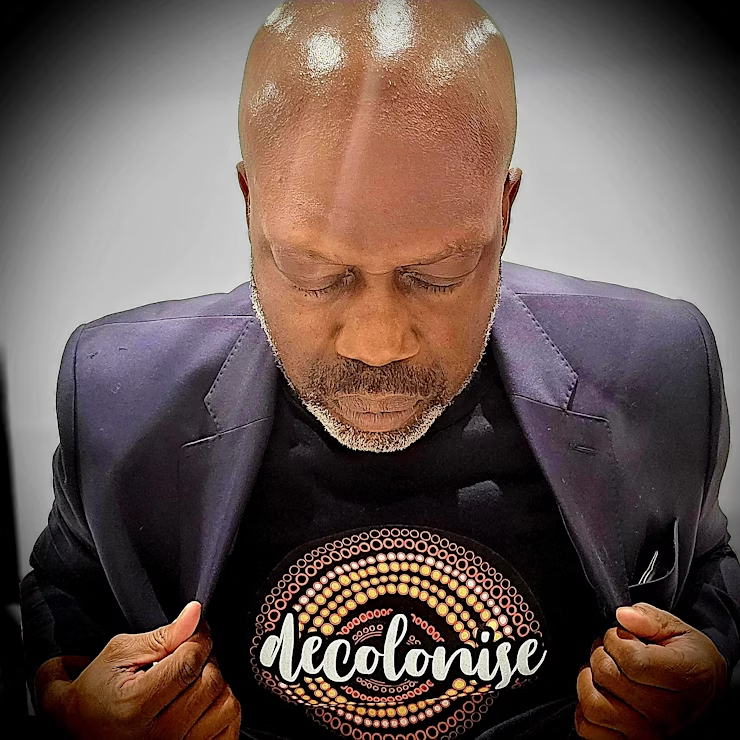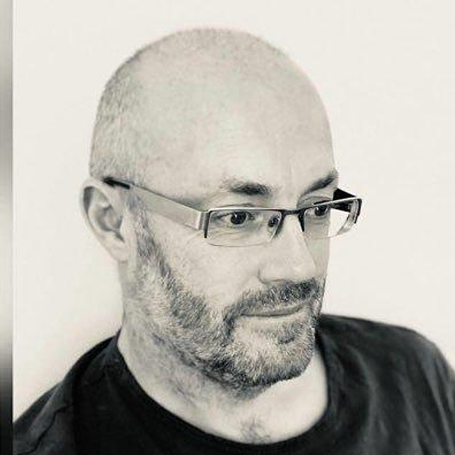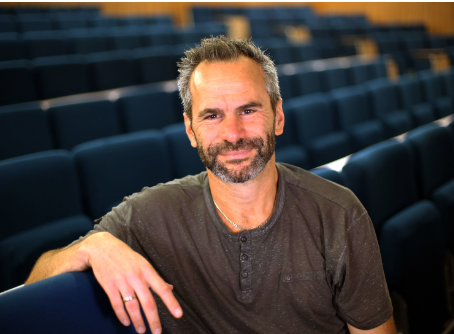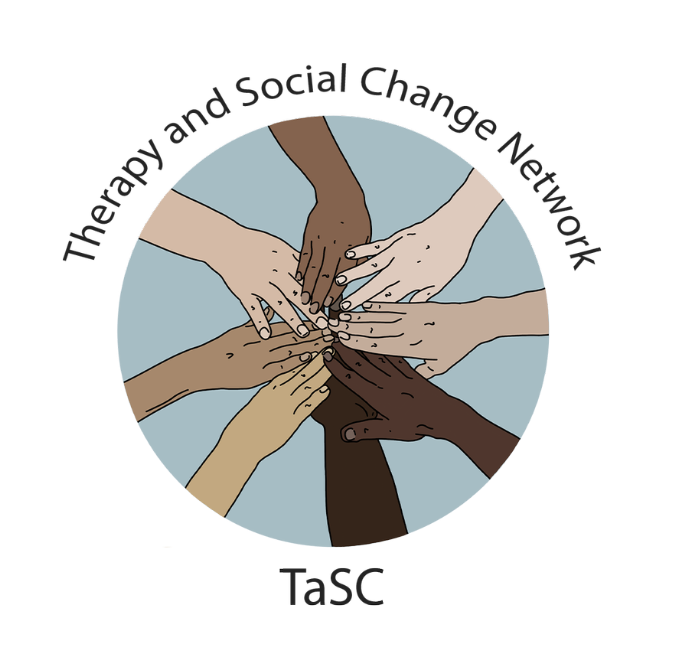What if your personal and political identities could revolutionize your approach to therapy? Join us for an enlightening conversation with Dwight Turner, a renowned psychotherapist and social activist, who intricately weaves his journey from a British Caribbean upbringing, school, and military experiences to his transformative time in Berlin. Dwight shares how his exposure to therapy and political literature ignited a passion for integrating activism with his clinical work, challenging the traditional boundaries of psychotherapy.
In this episode, we discuss the need for diversity and decolonization within the therapy field. We explore Dwight’s role at the University of Brighton, emphasizing the integration of feminist and political perspectives into the training of humanistic psychotherapists. We also look at the importance of therapists’ ethical self-awareness to prevent bias projection, advocating for training programs that reflect historical and political contexts. This discussion underscores the collective responsibility of the psychotherapeutic profession to evolve, incorporating voices and narratives from minority communities to foster inclusive and impactful practice.
In this episode, Dwight provides invaluable insights into maintaining professional boundaries while challenging oppressive systems, emphasizing the potential for political change within clients through the therapeutic relationship. This episode is a call to action for therapists to stay engaged in political discourse and advocate for sustained social change beyond the election cycles.
Course Content
Organisation
This learning is avaibale in the FREE Student Hub
Presenter

Dr Dwight Turner is Course Leader on the Humanistic Counselling and Psychotherapy Course at the University of Brighton, a PhD Supervisor at their Doctoral College, a psychotherapist and supervisor in private practice. His publications include The Psychology of Supremacy (2023), and Intersections of Privilege and Otherness in Counselling and Psychotherapy (2021), which are both published by Routledge, together with several chapters in anthologies on aspects of counselling and psychotherapy, and over 50 academic papers on everything from intersectionality in psychotherapy, to dreamwork, to Afrocentric spirituality. A leading driver in Intersectional Psychotherapy, Dr Turner is an experienced conference speaker, including numerous keynote presentations. Dr Turner has also run workshops for a wide variety of Universities, Charities, and private organisations on issues of race, difference and intersectionality in counselling and psychotherapy.

I have been facilitating in Counselling & Psychotherapy programmes in the UK for more than 10 years.
I am currently the director at Temenos Education and have a private practice where I offer online Psychotherapy and Supervision using video and chat communication platforms along with virtual environments. I am also the co-founder of onlinevents which has grown to be the world’s largest library of online video and audio content with instant certification and a learning log.
I am also a past chair of the Association for Counselling & Therapy Online (ACTO) and have served for 6 years on the board of the World Association for Person Centered & Experiential Psychotherapy & Counselling. My passion to bring online learning into the field of Counselling & Psychotherapy has also led to the development of online experiential learning within the Temenos programme, facilitating the exposure of Temenos students to external tutors who are located in different parts of the world. Along with the inclusion of experiential learning of online Counselling & Psychotherapy for Temenos students so that they qualify with knowledge and practice in online communication and relationship.

Mick Cooper is an internationally recognised author, trainer, and consultant in the field of humanistic, existential, and pluralistic therapies. He is a Chartered Psychologist, and Professor of Counselling Psychology at the University of Roehampton.
Mick has facilitated workshops and lectures around the world, including New Zealand, Lithuania, and Florida.
Mick’s books include Existential Therapies (Sage, 2017), Working at Relational Depth in Counselling and Psychotherapy (Sage, 2018), The Handbook of Person-Centred Psychotherapy and Counselling (Palgrave, 2013), and Integrating Counselling and Psychotherapy: Directionality, Synergy, and Social Change (Sage, 2019).
His latest work is Psychology at the Heart of Social Change: Developing a Progressive Vision of Society (Policy Press, 2023)
Mick Cooper is also the editor of The Tribes of the Person-Centred Nation (PCCS, 2024) and co-editor of The Handbook of Person-Centred Psychotherapy and Counselling (3rd ed, 2024).
Mick’s principal areas of research have been in shared decision-making/personalising therapy, and counselling for young people in schools.
In 2014, Mick received the Carmi Harari Mid-Career Award from Division 32 of the American Psychological Association. He is a Fellow of the British Association for Counselling and Psychotherapy and the Academy of Social Sciences.
His latest work is Psychology at the Heart of Social Change: Developing a Progressive Vision of Society (Policy Press, 2023)
The book looks at the interface between therapy and social justice. The blurb for the book reads: ‘Over the past century, psychotherapy – and its parent discipline, psychology – has built up a vibrant, nuanced and highly practical understanding of human wellbeing and distress. This book describes a progressive political approach that integrates insights from the psychotherapeutic and psychological domain, moving us from a politics of blame to a politics of understanding. In this vision of society – surrounded by a culture of radical acceptance – all individuals can live rich and fulfilling lives. We need those shaping our political landscape to understand psychological needs and processes more deeply to enhance our ability to work with others in a spirit of collaboration, dialogue and respect.’

The Therapy and Social Change (TaSC) Network is a broad affiliation of people interested in exploring the interface between therapeutic ideas and practices and social justice perspectives and actions. We are interested both in the ways that counselling and psychotherapy can be practiced with social justice concerns in mind (for instance, tackling unconscious biases in the consulting room), and also in the ways that therapeutic principles and practices can be extended out to the wider social realm (for instance, developing social and emotional literacy in schools).


